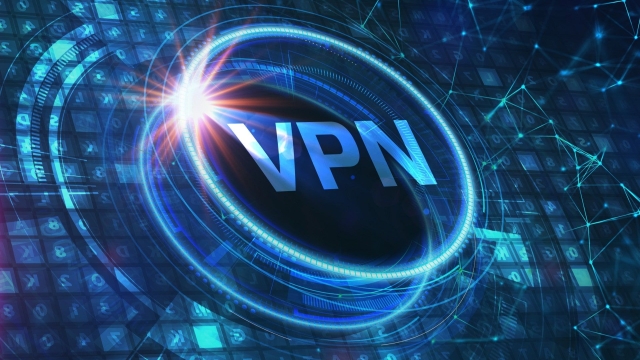
In today’s digital age, maintaining privacy and security online has become more crucial than ever. Virtual Private Networks, or VPNs, have emerged as powerful tools for ensuring digital freedom and anonymity on the internet. Whether you’re browsing the web, accessing sensitive information, or simply wanting to bypass geo-restrictions, a VPN offers a secure tunnel for your data to travel through, shielding it from prying eyes. As the demand for online privacy grows, understanding how VPNs work and how to choose the right one for your needs is essential in navigating the vast online world.
Choosing the Right VPN Provider
When selecting a VPN provider, the first step is to assess your specific needs. Consider the level of encryption required, the number of devices to be connected simultaneously, and the preferred server locations.
Vpn Service Providers
Ensure that the VPN provider has a strict no-logs policy to safeguard your privacy. Look for providers that offer features such as a kill switch and DNS leak protection to enhance security while browsing the internet anonymously.
Reading user reviews and conducting research on reputable tech websites can provide valuable insights into the reliability and performance of different VPN providers. Additionally, opt for a provider that offers responsive customer support to address any concerns or issues promptly.
Tips for Secure VPN Usage
When using a VPN, always remember to choose a strong, unique password for your account. A secure password will help protect your data even if the VPN is compromised.
Another important tip is to regularly update your VPN software. Keeping your VPN client up to date ensures you have the latest security patches and features to enhance your online privacy.
Lastly, be cautious when connecting to public Wi-Fi networks. Public Wi-Fi hotspots can be vulnerable to hackers, so always activate your VPN before using these networks to ensure your data remains secure.
Advantages of Using a VPN
Using a VPN enhances your online security by encrypting your internet connection. This means that your data and communications are protected from cyber threats, such as hackers and identity thieves. With a VPN, you can browse the web with peace of mind, knowing that your personal information is safeguarded.
Another benefit of using a VPN is the ability to bypass geo-restrictions. By connecting to a server in a different country, you can access content that may be otherwise blocked in your region. Whether you want to stream your favorite shows while traveling or access websites not available in your country, a VPN allows you to enjoy unrestricted internet access.
Additionally, a VPN can help you maintain privacy and anonymity online. Your real IP address is masked when you use a VPN, making it more difficult for websites and advertisers to track your online activities. This added layer of privacy gives you greater control over your digital footprint and ensures that your browsing habits remain private.
